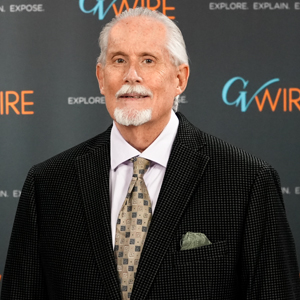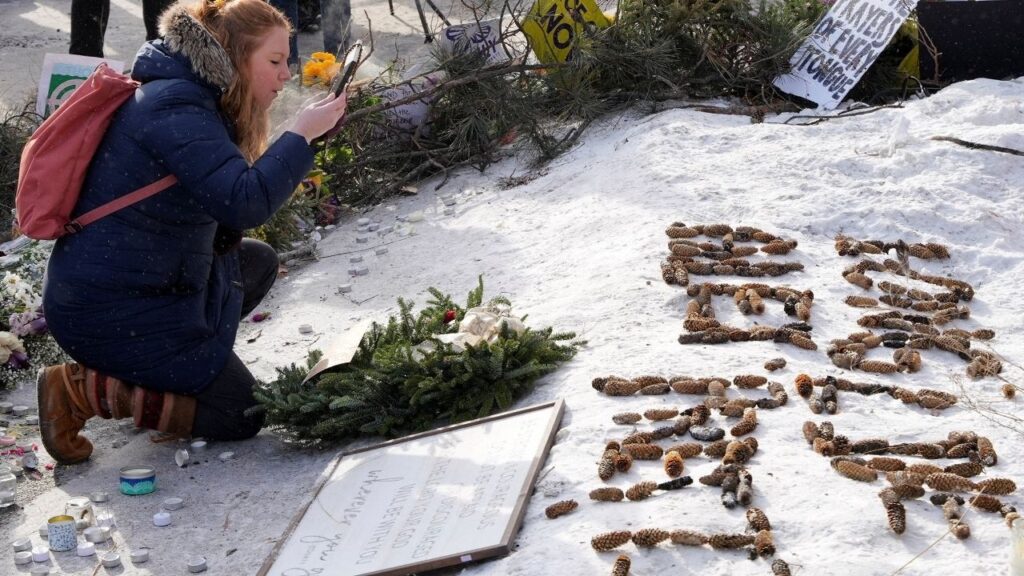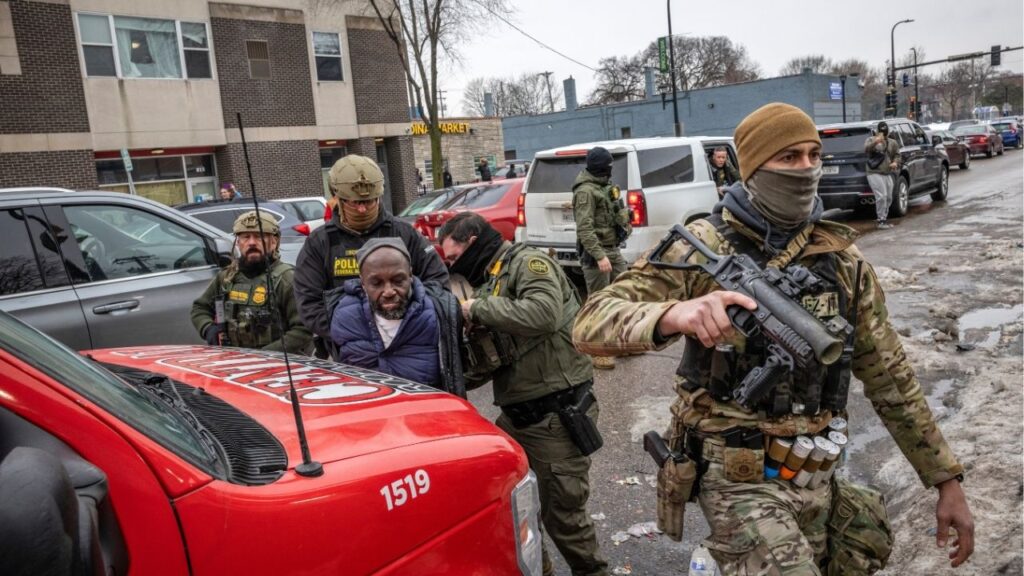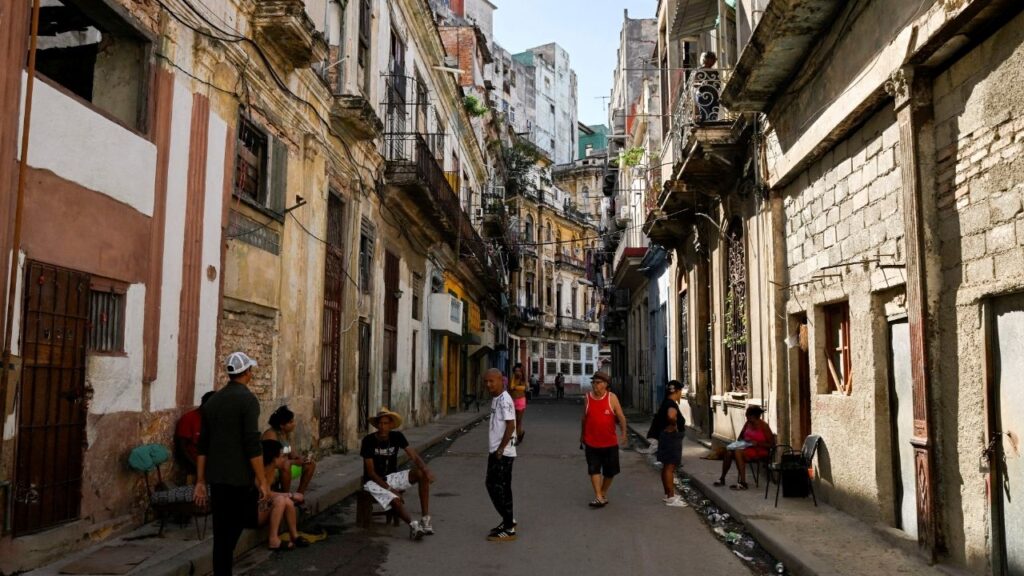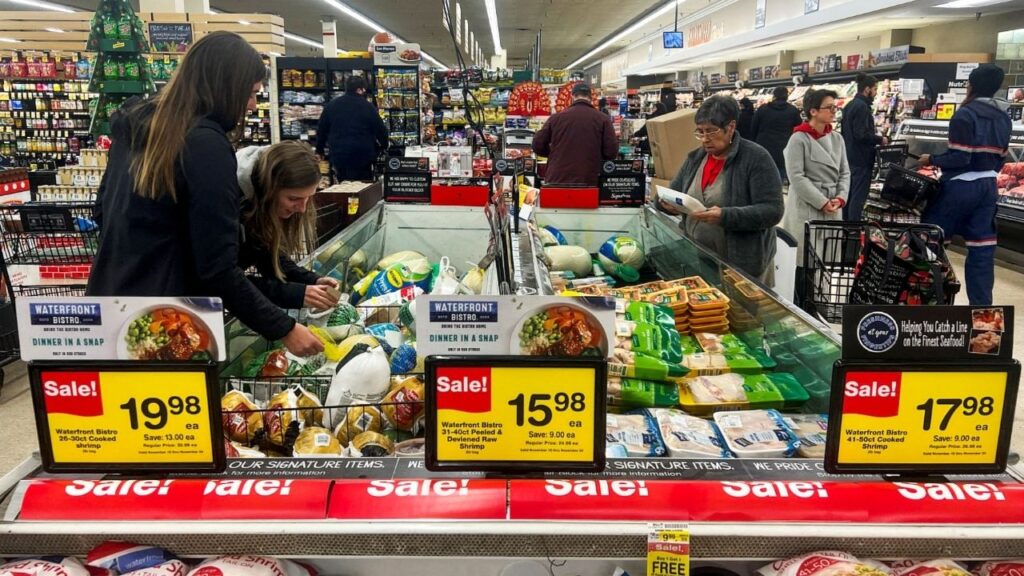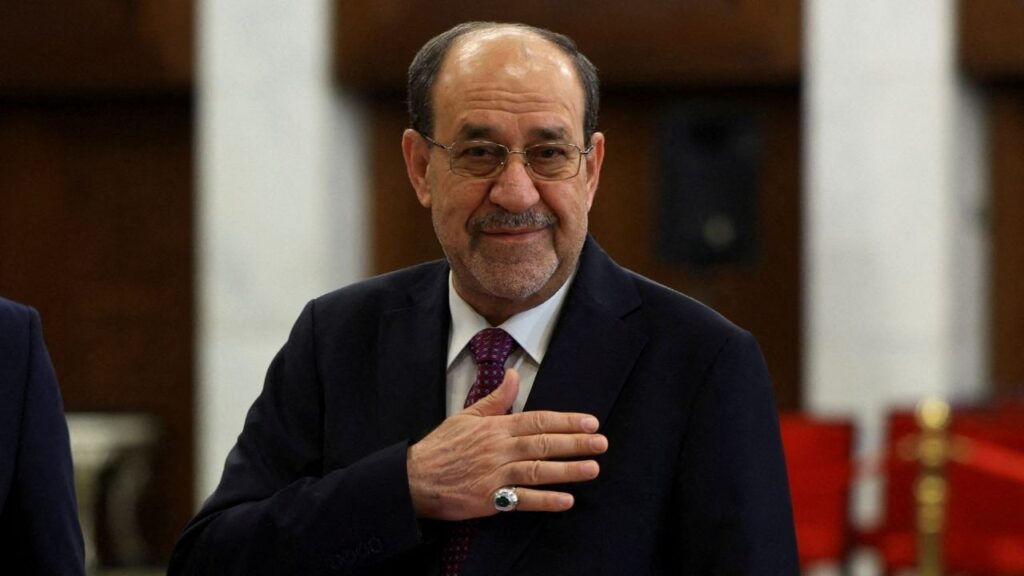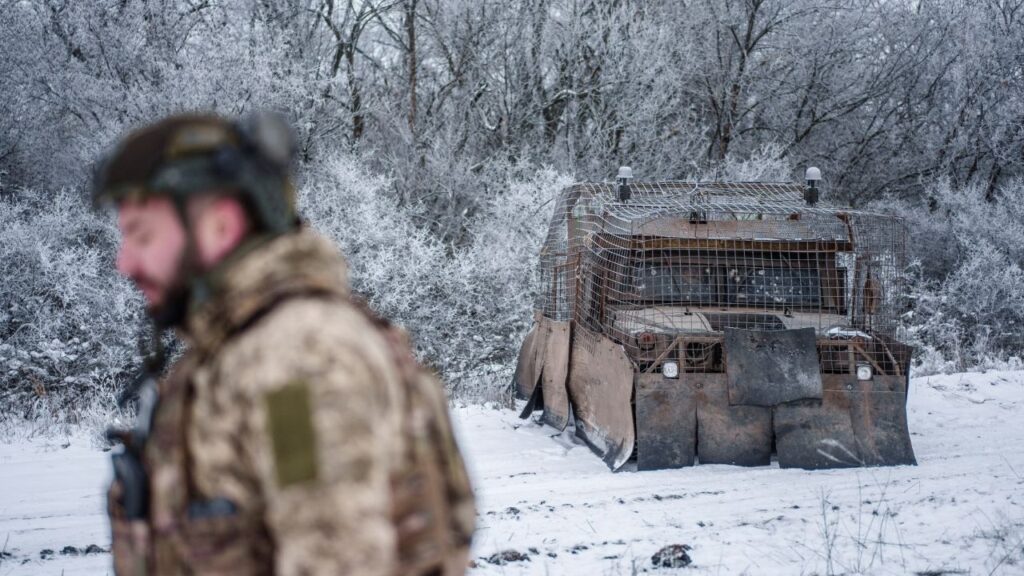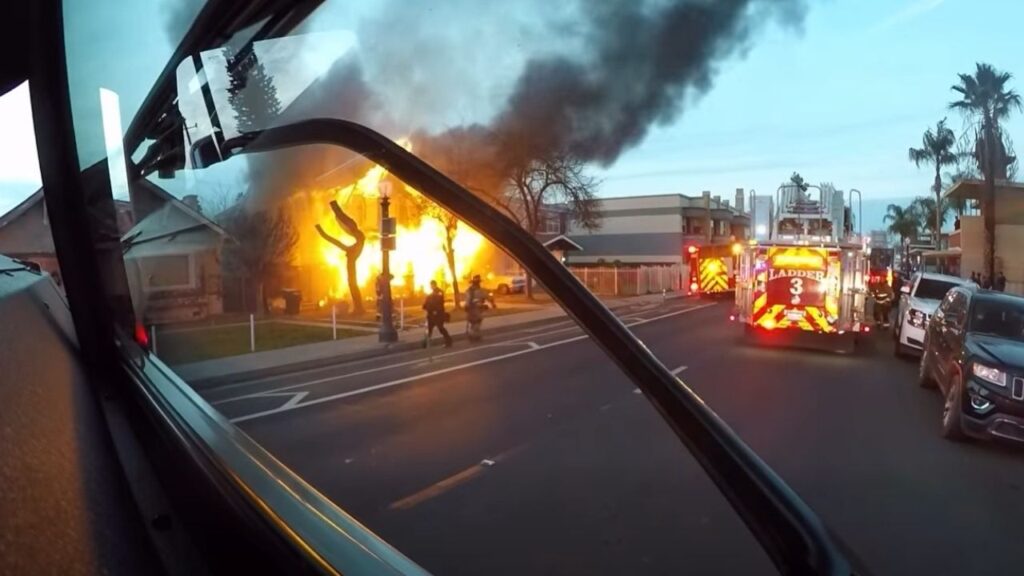Share
Health experts in the United States are at odds over whether people should wear a face mask while venturing beyond their homes during the COVID-19 pandemic.
But before digging into that debate, let’s go straight to what the experts agree on.

Bill McEwen
Opinion
N95 respirator masks and surgical masks should be reserved exclusively for the folks who really need them: healthcare workers and first-responders.
So, don’t endanger the people on the front lines of the coronavirus battle by buying up precious personal protective equipment that’s in short supply. And don’t endanger yourself, friends, or neighbors by denying the professionals the equipment they need to treat coronavirus patients.
Some people are getting this important message. On Wednesday, Home Depot ordered its 2,300 stores in North America to stop sales of N95 masks. The company said that the masks are now going to the front lines of the coronavirus emergency response. In addition, Lowe’s has pledged to donate $10 million worth of protective gear to medical professionals.
Dr. Scott Gottlieb, the former commissioner of the Food and Drug Administration, got the mask debate rolling Sunday in an interview with CBS News. Gottlieb said that the Centers for Disease Control and Prevention should issue designs for cloth masks that the public can wear.
“The value of the mask isn’t necessarily to protect you from getting sick, although it may offer some protection,” Gottlieb said. “It’s to protect you from other people. So when someone who’s infected is wearing a mask, they’re much less likely to transmit infection.”
And, Dr. Anthony Fauci, the National Institute of Allergy and Infectious Diseases director, told CNN on Sunday that “the idea of getting a much more broad communitywide use of masks outside of the health care setting is under very active discussion at the task force. The CDC group is looking at that very carefully.”
However, the CDC has yet to budge. Its position is, “If you are NOT sick: You do not need to wear a face mask unless you are caring for someone who is sick (and they are not able to wear a face mask).”
Watch: How to Sew a Medical Face Mask
Riverside, Los Angeles Leaders Recommend Face Masks for Residents
But some health officials are urging people to don masks anyway. On Tuesday, Riverside County’s public health officer, Dr. Cameron Kaiser, said that residents there should cover their nose and mouth with bandanas, fabric masks, or neck gaiters when leaving home.
“When the situation changes, the rulebook changes,” Kaiser said. “We’re seeing our numbers increasing even sooner than we predicted and that means our strategy must change too. Covering your face doesn’t change the orders everyone must abide by to stay home as much as possible and maintain social distancing, but it’s an extra layer of protection that I think we need to add.”
Kaiser’s recommendation came as Riverside County reported 80 new COVID-19 cases. That increased Riverside’s total to 371.
That same day, President Donald Trump reiterated a point made by his scientific advisers: The public shouldn’t compete with hospitals and healthcare workers for scarce N95 and surgical masks.
But, said the president, “Use a scarf if you want. It doesn’t have to be a mask. It’s not a bad idea at least for a period of time.”
Then, on Wednesday, Los Angeles Mayor Eric Garcetti recommended that the 4 million people in his city wear masks. He also told people to stay home except for essential tasks.
“I know this looks surreal,” said Garcetti, who put on a black cloth mask. “We’re going to have to get used to seeing each other like this. … This will be the look.”
Watch: An Easy DIY Face Mask
Here’s an easy DIY Face mask!
Tools:
🔹2 rubber bands/hair elastics
🔹A cloth (scarf, wash linen, bandana etc)
#facemask #diyfacemask #stayhome #staysafe #coronavirus pic.twitter.com/od3T092oRL— Chinero Nnamani (@ChineroNnamani) March 31, 2020
Even medical experts who say that healthy people don’t have to wear masks to go to the grocery store or fill their gas tanks agree that donning a nonmedical fabric face mask can’t hurt.
Or, as Dr. Shawn Nasseri, a Beverly Hills ear, nose, and throat surgeon, says: “It is better than wearing nothing.”
By All Means, Wear a Homemade Mask or a Scarf
There is research to back up Nasseri’s point. University of Pittsburgh researchers found in 2006 that no-sew masks made from cotton T-shirts “offered substantial protection” against viruses.
First, the researchers boiled the fabric for 10 minutes to sterilize it. Then they cut it to a size covering the nose and mouth and consisting of an outer layer and eight inner layers. Instead of adding elastic or rubber bands, they simply tied the T-shirt mask snugly around their heads.
Finally, we can look to places such as Hong Kong and Taiwan, which enacted social distancing and mandatory mask-wearing early on, and clamped down on the coronavirus.
Bottom line: Anything that prevents asymptomatic COVID-19 carriers from spreading the virus will help end the pandemic sooner rather than later.
Wear a homemade mask when you visit essential businesses.

